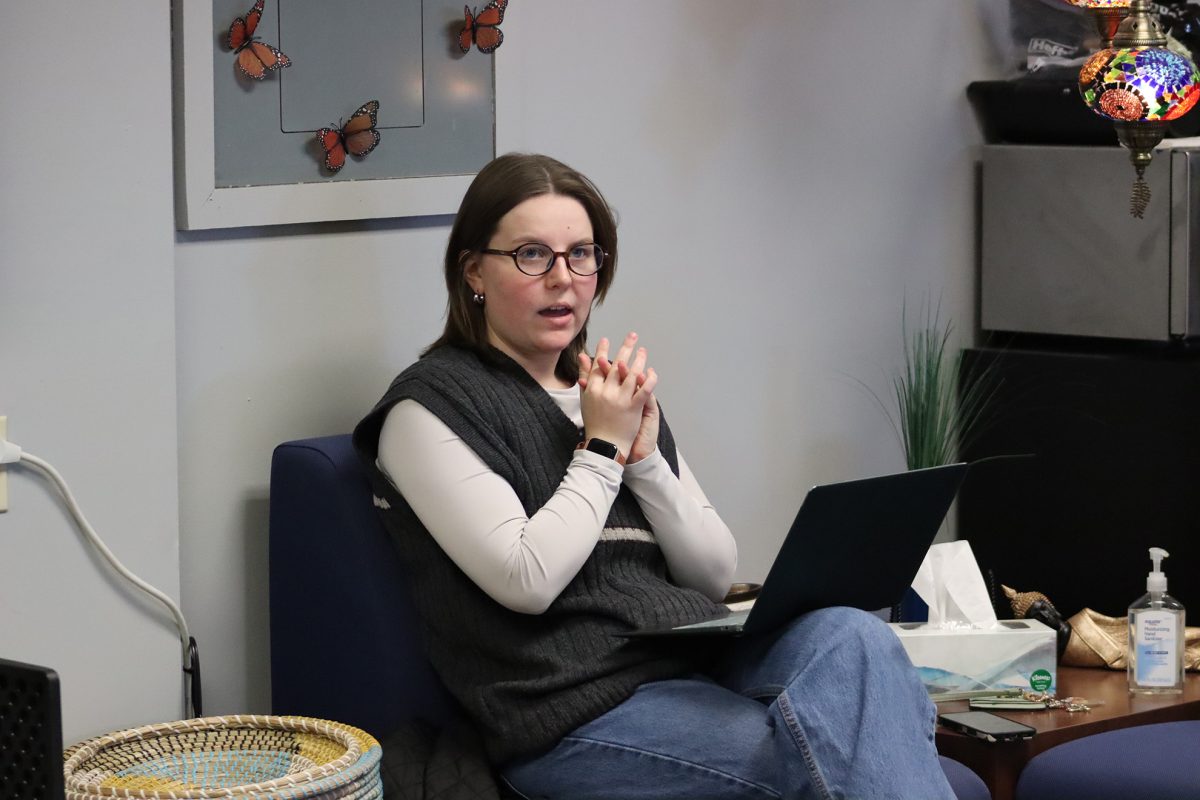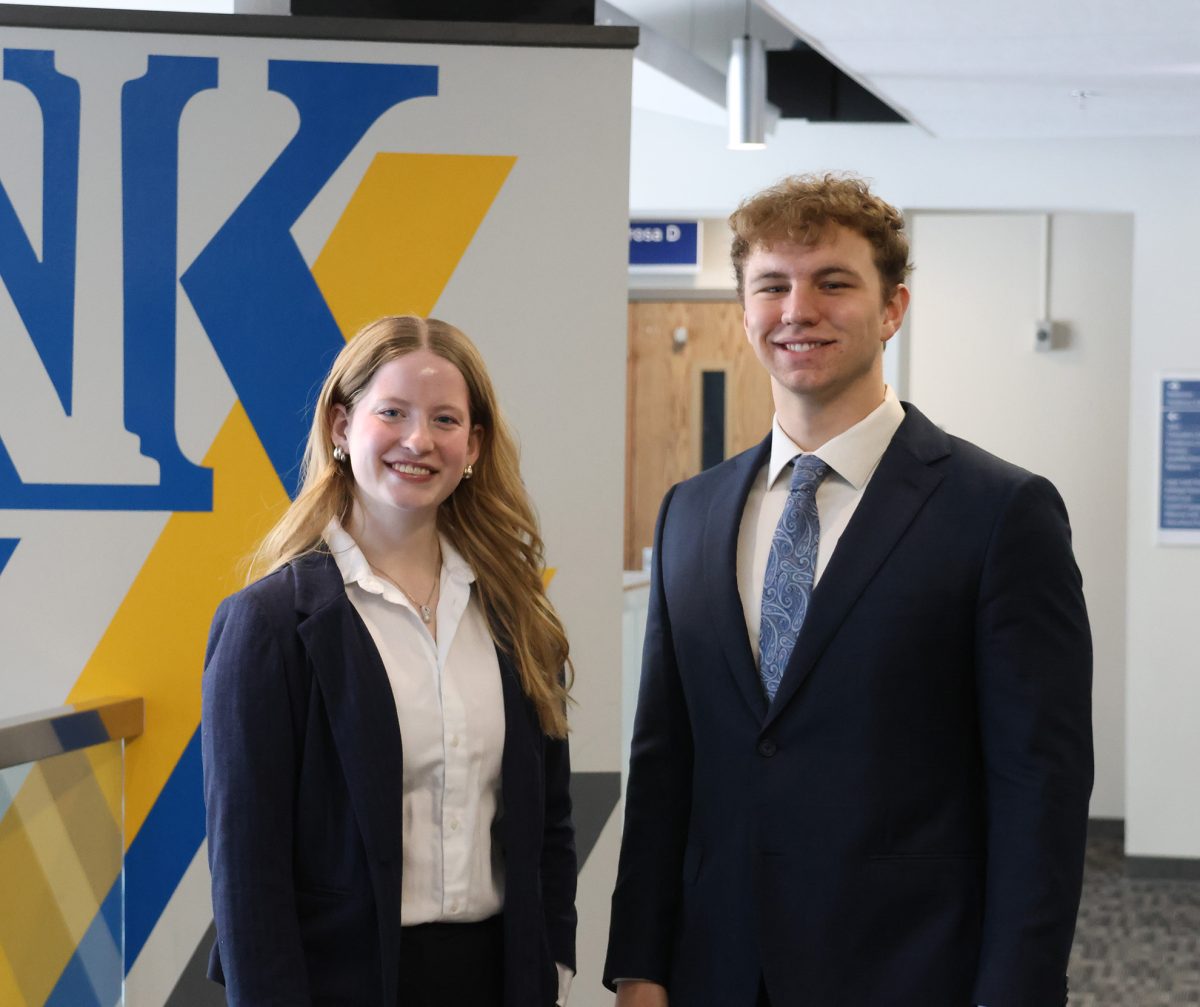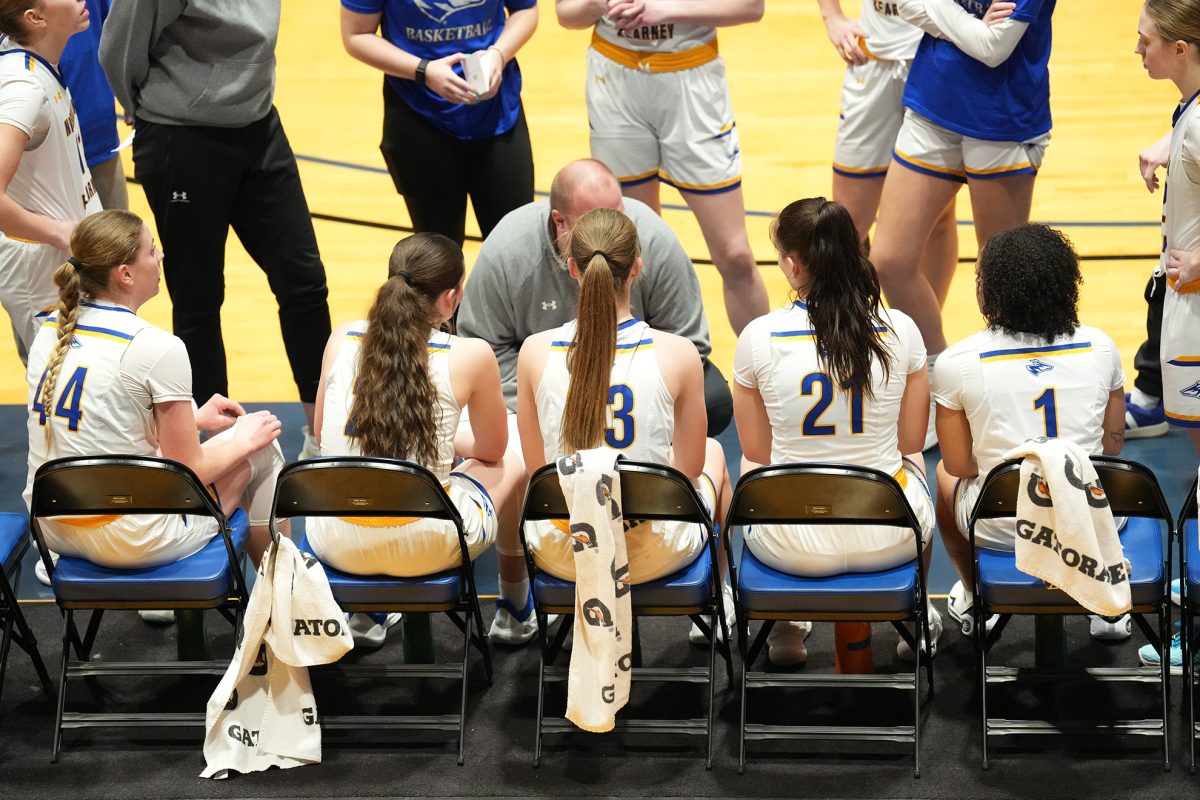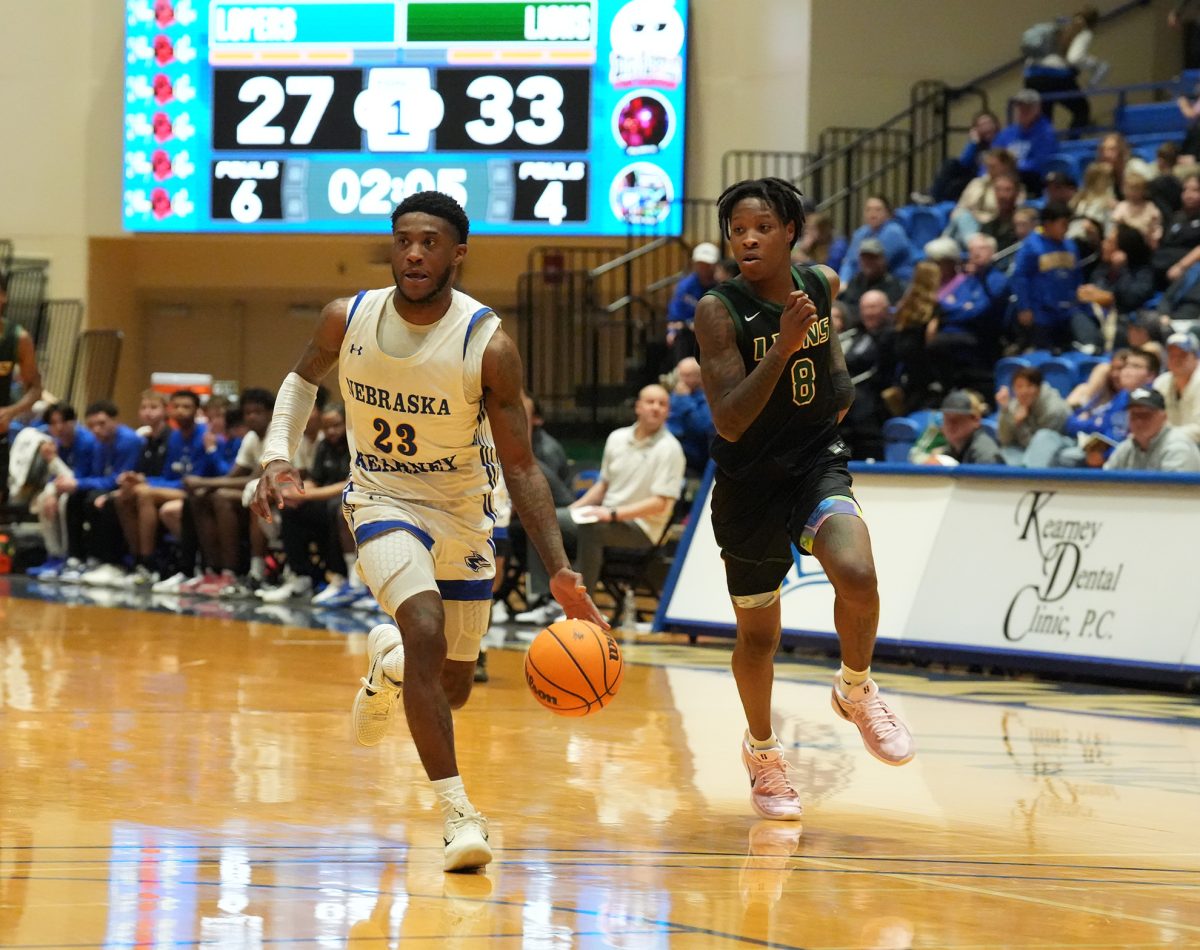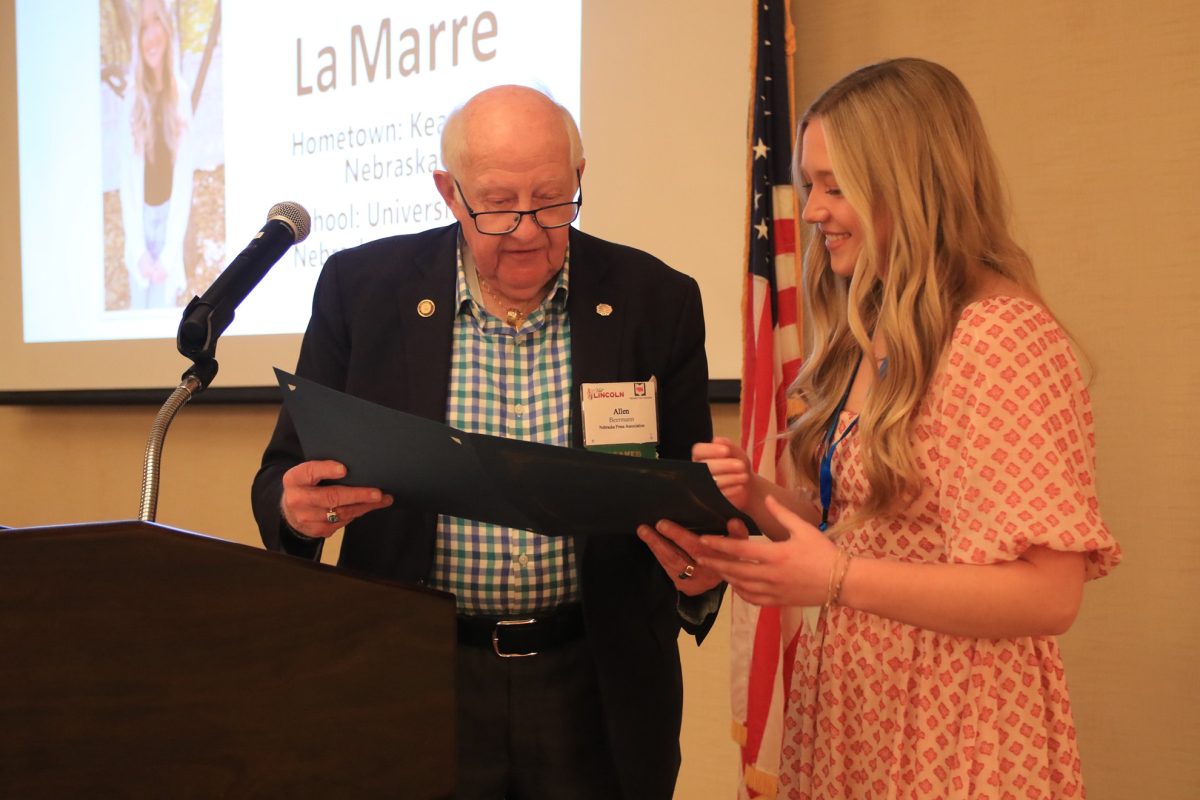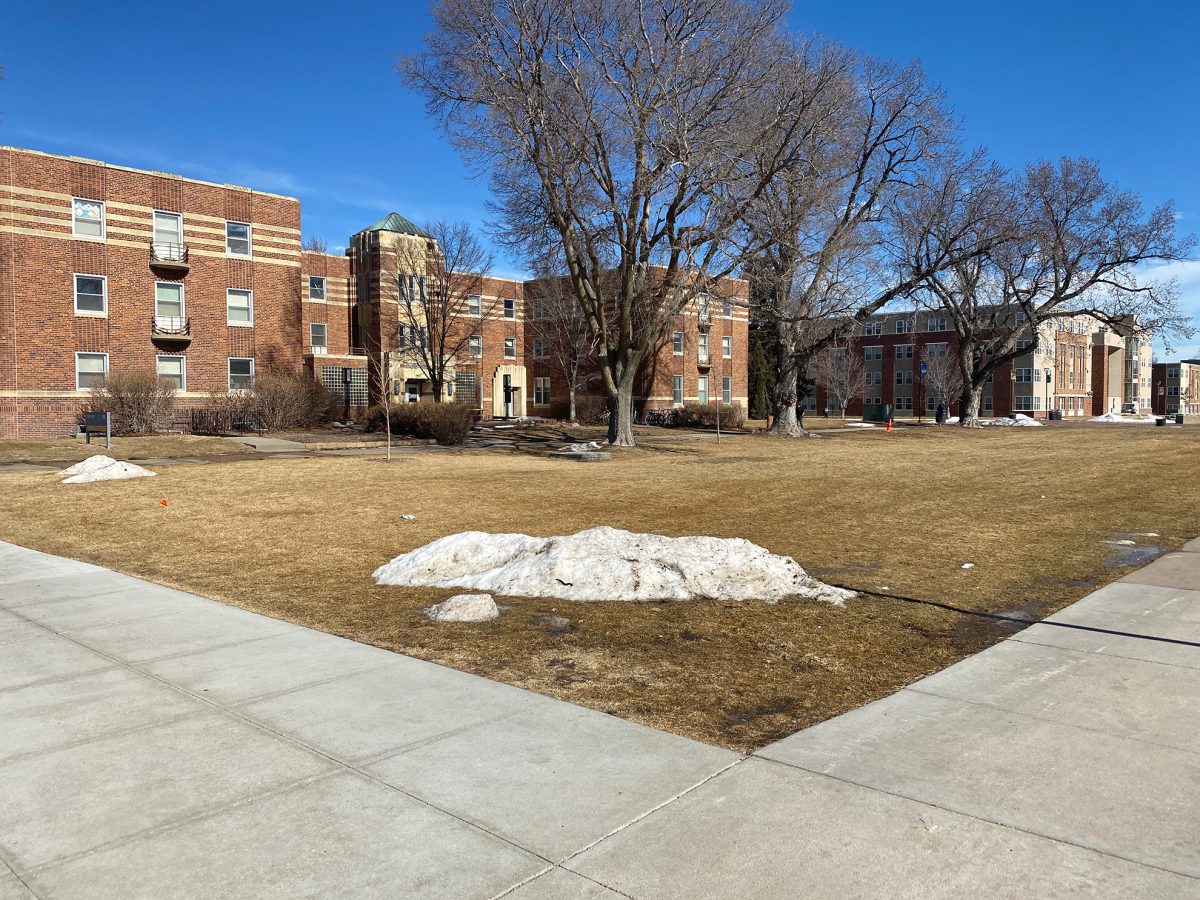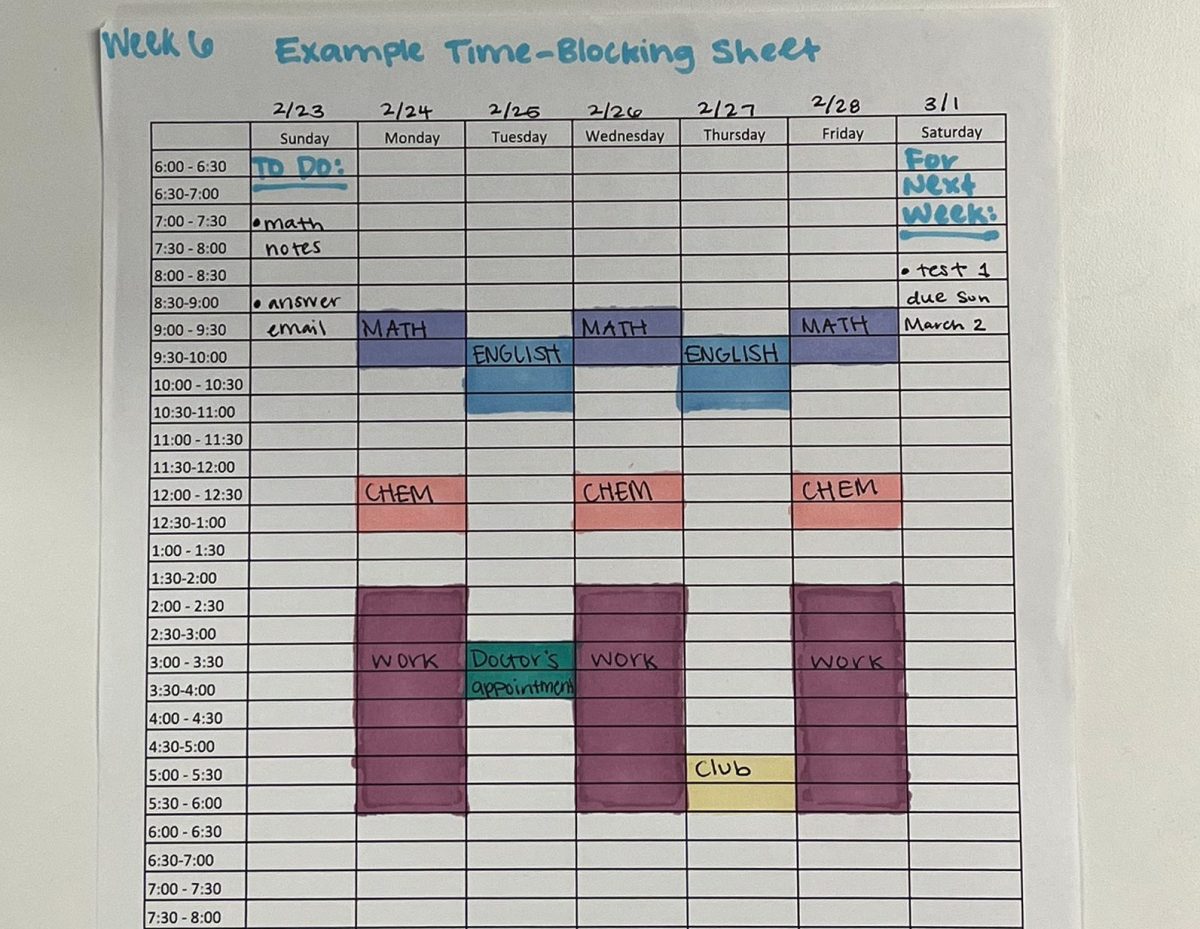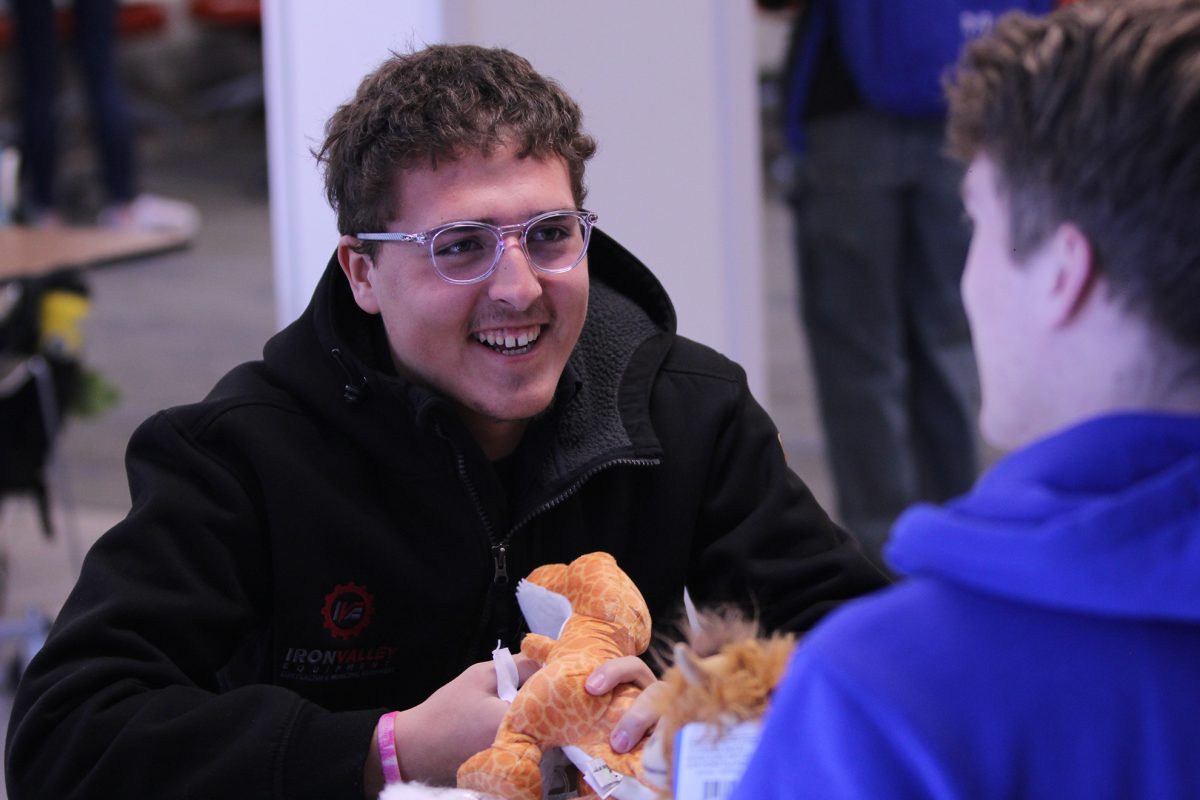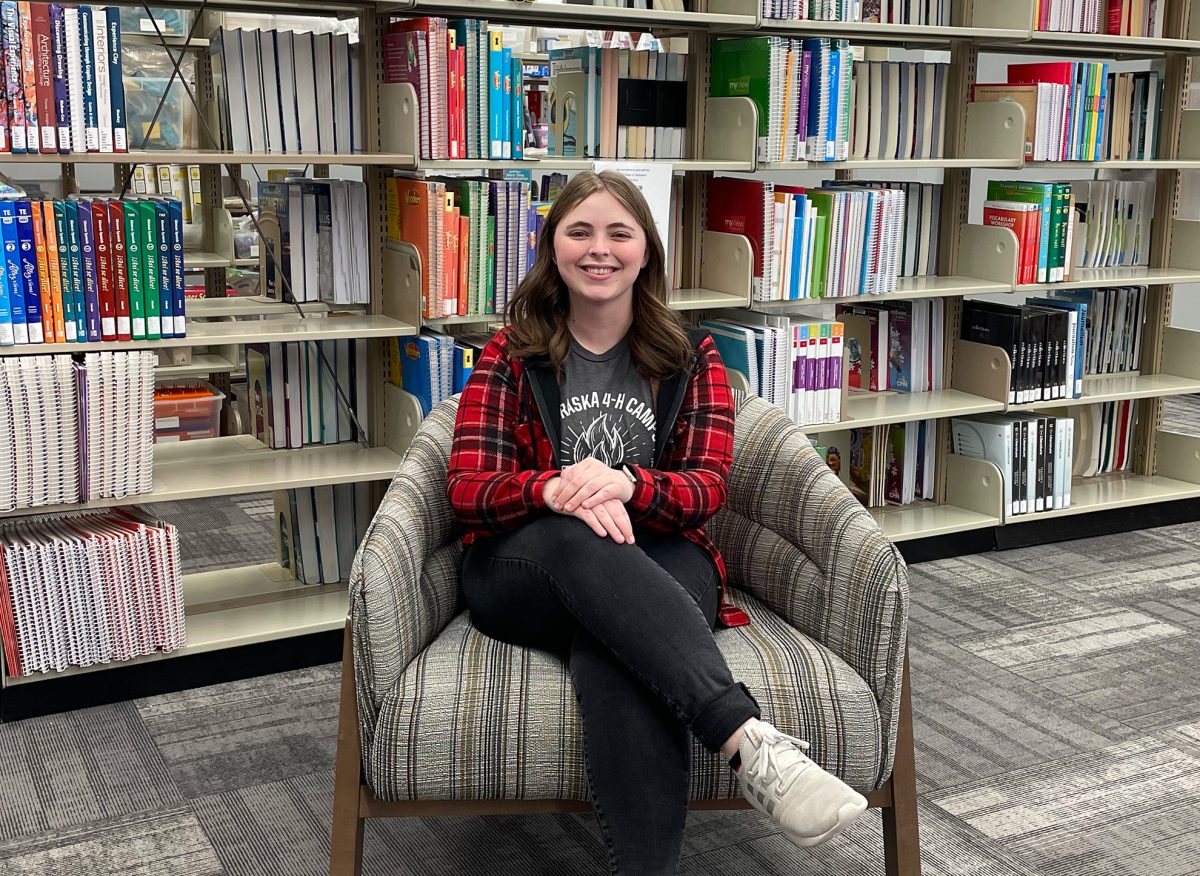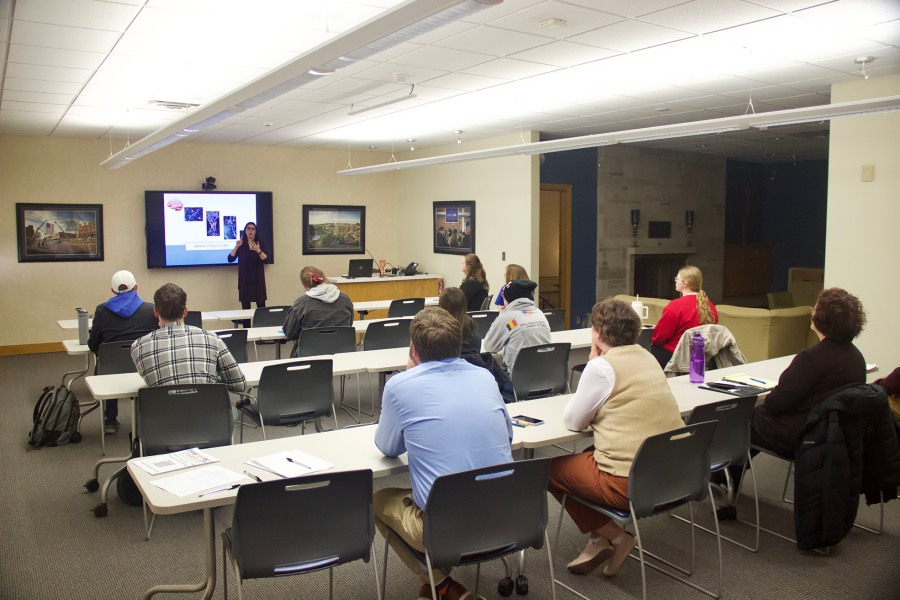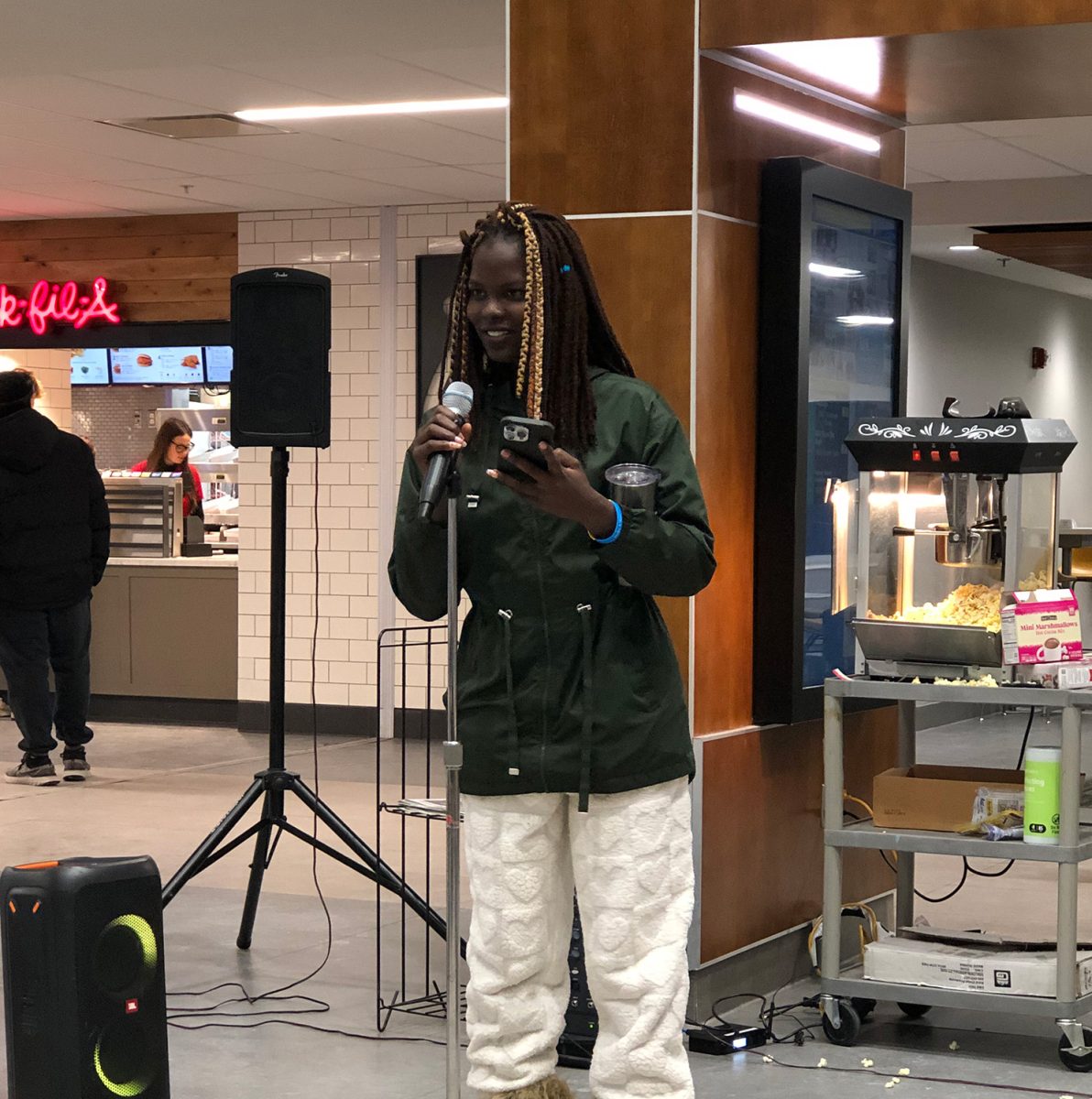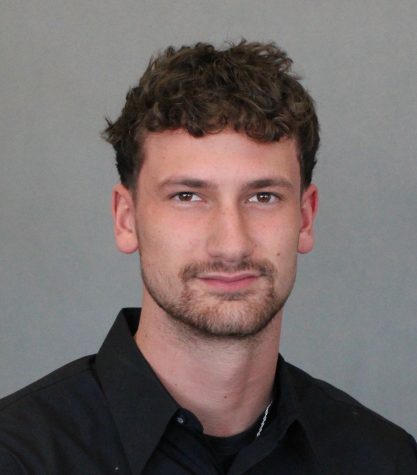failingk@lopers.unk.edu
On March 9, there was a presentation about concussions and how students may be eligible for accommodations from the university. Students with the symptoms of traumatic brain injuries have help.
The presentation was held in the Memorial Student Affairs Building, in the Sisler room. It was presented by Dr. Ladan Ghazi Saidi, Ph.D Associate Professor, she works with UNK in the Department of Communication Disorders. It started at 3:30 pm and ended at 4:30 pm. The presentation finished right on schedule while getting through all of the material and questions.
The first thing Saidi explained was the definition of traumatic brain injury or TBI. She went on to explain the different types of ways TBI can affect students with their schooling and everyday activities. Mild TBI symptoms may be unnoticeable compared to symptoms of more severe TBI. Some of these symptoms would include light and noise sensitivity, dizziness or balance problems, headaches, nausea and feeling tired or having no energy.
Some of her advice was to rest, take it easy and not drive with these symptoms. Other ways she suggested to speed up the recovery is to stay away from risky activities and to talk to others such as family, friends or a professional about what is going on. She also recommended taking safe medications such as Ibuprofen or Acetaminophen, limiting time on screens, staying in a dark room while resting and eating well.
After going into depth on the definitions, symptoms and ways to help, Saidi moved into how UNK can help accommodate students with TBI. One accommodation is giving students the environment they need to succeed, such as a place near the door in class where they can step out for a few minutes to gather their thoughts and breathe before coming back into class to learn. Another accommodation would be additional time in class for projects or tests to help them have the proper amount they need to finish. Recording lectures if they can’t make it to class, extra study guides, avoiding high blood pressure situations and having extra breaks are other ways the university can help students with TBI.
Saidi had a great way of describing the different ways TBI can affect students and had lots of information explaining why these symptoms occur and what to do to help the student out as much as possible. She was very clear about where to go for help and who students should consider for advice such as close family and friends because a student dealing with TBI may not be able to think clearly about what they should do to help themselves.
She said if anyone feels they may have TBI or have had a concussion recently should get checked out at the school clinic or another clinic nearby to help diagnose. After a diagnosis, it would be best to reach out to the disabilities and accommodations department because they have the resources to move forward and help.



